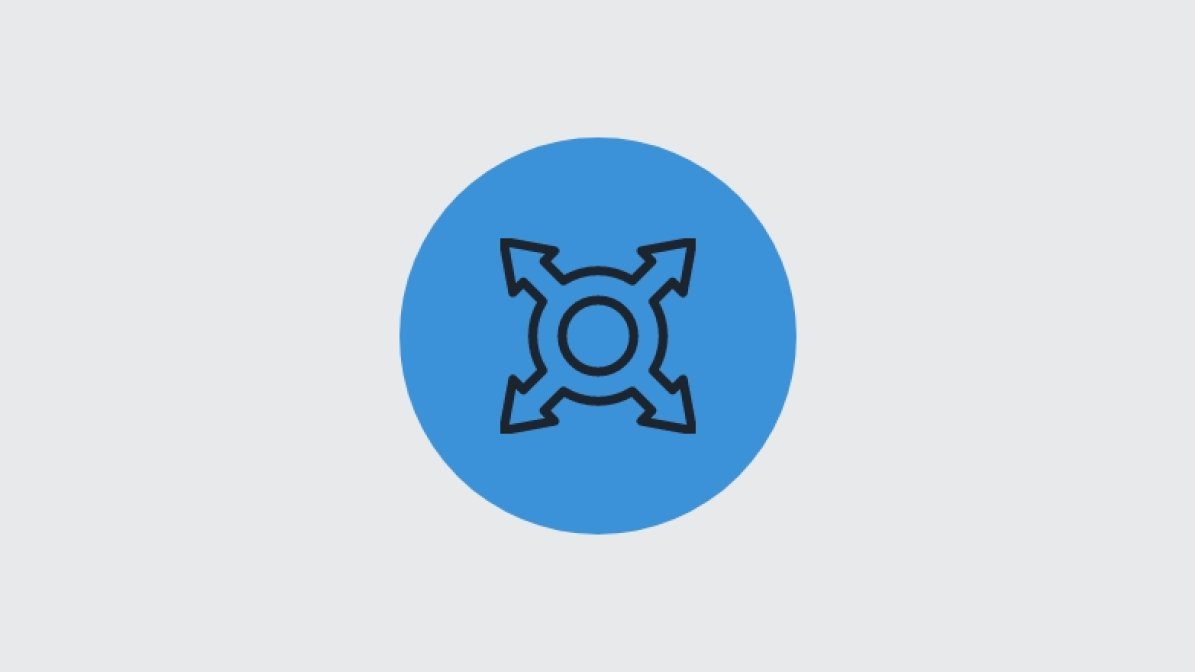Widening access and participation
Here's how we support widening access and participation through our products and services.
Analysis and insights associated with progression to post-18 education and training
Using applicant and survey data, UCAS publishes high-impact reports offering insight into students’ progression to their next steps, including the barriers and motivations along the way. These reports cover a broad range of issues, including student decision-making, mental health, apprenticeships, LGBT+, and widening participation.
Where next: What influences the choices school leavers make?
In March 2021, we released our 'Where next' report, which highlighted the impact of qualification and subject choice at school on students’ future pathways, and recommended ways they can be better supported to make fully informed choices at every stage.
Key findings

Insight into application trends and behaviours
Every year, UCAS publishes an end of cycle report which provides data and narrative reports, helping to describe national trends in applicant behaviour across the four countries of the UK.
Good practice and toolkits
To support HE providers with their widening access and participation work, we've developed good practice in collaboration with expert organisations. They give examples of the support and good practice available, offer considerations for providers that may not have a defined package of support in place, and explain how providers can prepare for future changes to application data.
Supporting disadvantaged and under-represented groups
We also provide student-facing information and advice to support under-represented groups applying to higher education:
- Mature students
- Part-time and distance learning
- Disabled students, students with mental health conditions and learning differences
- Care experienced students
- Estranged students
- Students with caring responsibilities
- Refugees and asylum seekers
- Students with parenting responsibilities
- Students from UK Armed Forces backgrounds – including Service children, Service leavers/veterans and spouses
To help teachers and advisers supporting young people from under-represented backgrounds, we offer some specific tools and resources including:
- Supporting students with individual needs toolkit – practical tips to help students from under-represented groups at each stage of the application process
- Supporting care leavers toolkit
- A ‘supporting care experienced students through the application process’ module on our Professional Development Platform

Outreach Evaluator (STROBE)
Outreach Evaluator (STROBE) is a service developed by UCAS in 2014. It supports the evaluation of widening access and participation activities by taking the personal data that has been supplied and matching it to the UCAS database to trace the progress of the individual. UCAS publishes over two million data points which can be used to support widening access and participation. While the service relies on the input of named data, the output is in an aggregated format. It can be accessed free of charge provided specific criteria are met:
- The work is for public benefit.
- The organisation’s finances would be a barrier to them using the paid service.
- The organisation is happy to have the results shared on ucas.com.
Contextualised admissions and UCAS' contextual data service
Contextual information and data can be used by universities and colleges to assess an applicant’s achievement and potential in light of their educational and socio-economic background. The aim is to form a more complete picture of an individual applicant’s characteristics.
To support contextualised admissions, we currently offer two contextual data services for providers:
- UCAS' contextual data service – offering data and background information about an applicant’s school or college, and local area data in the form of POLAR2, POLAR3, POLAR 4, and the Scottish Index of Multiple Deprivation (SIMD).
- Modernised contextualised data service – providing applicant level data and insight into their individual circumstances.
Find out more about contextualised admissions
Self-declared applicant data collected in UCAS Undergraduate application
In addition to standard personal details and qualifications information, UCAS also gives applicants the opportunity to declare additional information — such as an impairment, or experience of the care system. We ask these questions to give contextual information to providers, to identify those applicants who may be eligible for additional support, whatever form that may take (i.e. financial or emotional).
Our work with other organisations
We work with a range of organisations to provide relevant, expert information and advice to different audiences. Organisations we have worked with to support students with specific individual needs include:
- Carers Trust, which provides examples of university initiatives for students with caring responsibilities
- the National Association of Disability Practitioners (NADP) – the professional association for disability and inclusivity practitioners in higher and further education. NADP provides codes of practice, peer support, conferences and education events, a legal helpline service, and much more.
- Stand Alone – the charity for estranged people, which offers an advice portal specifically for young people entering higher education, and a pledge for universities and colleges to show their commitment to supporting these students.
- Become – the charity for young care leavers in England, which provides information about the support available in higher education for care leavers, via their Propel website.
- Service Children’s Progression Alliance (SCiP), a partnership of organisations focused on improving outcomes for children from military families, including supporting progression to higher education – read SCiP’s information for HE admissions staff who are supporting service children through the application and transition.
-
The National Union of Students (NUS) is the national voice of students, providing information and advice on all aspects of student life.
-
Student Action for Refugees (STAR) is a national network of student groups working to improve the lives of refugees in the UK. They offer a list of scholarships available to asylum seekers and refugees who want to go to university.
-
Refugee Support Network offers support services to help refugees and asylum seekers overcome any challenges in going to university, and offers useful resources.
UCAS regularly engages with regulators around the UK, including the Office for Students (OfS) in England, the Higher Education Funding Council Wales (HEFCW), and the Scottish Funding Council. The organisations require universities and colleges to outline their plans to support widening access and participation and success in HE.
UCAS is a member of the following organisations:
- the Fair Education Alliance (FEA) – a coalition of organisations from across education, charities, and business. Together, the FEA is working to tackle educational inequality, building a fairer education for all by 2022
- the National Educational Opportunities Network (NEON) – a professional organisation supporting those involved in widening access to higher education
UCAS also works with organisations to facilitate the evaluation of the impact of their widening access and participation activities. View an example of
The Brilliant Club - UCAS impact evaluation (578.41 KB)